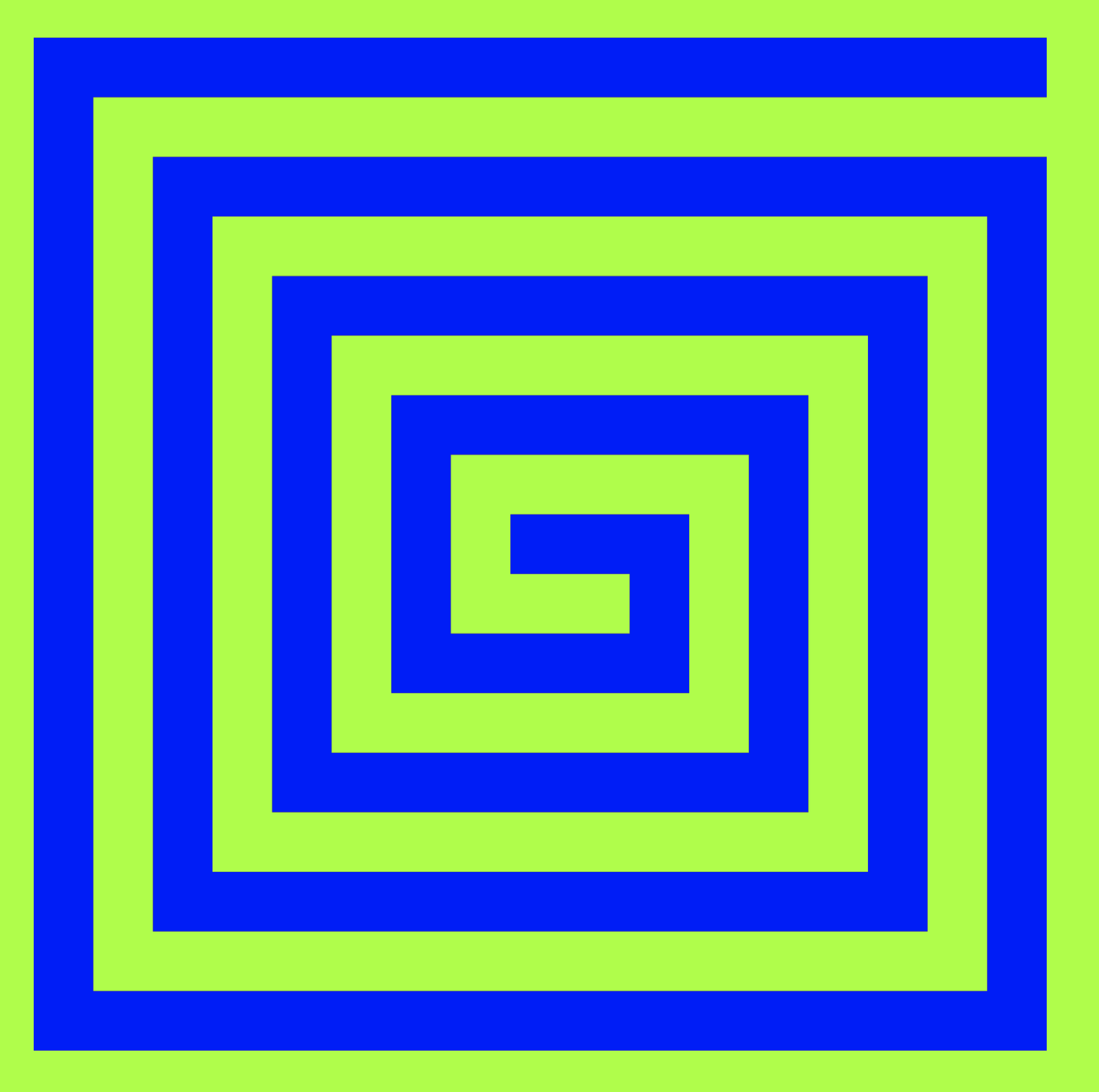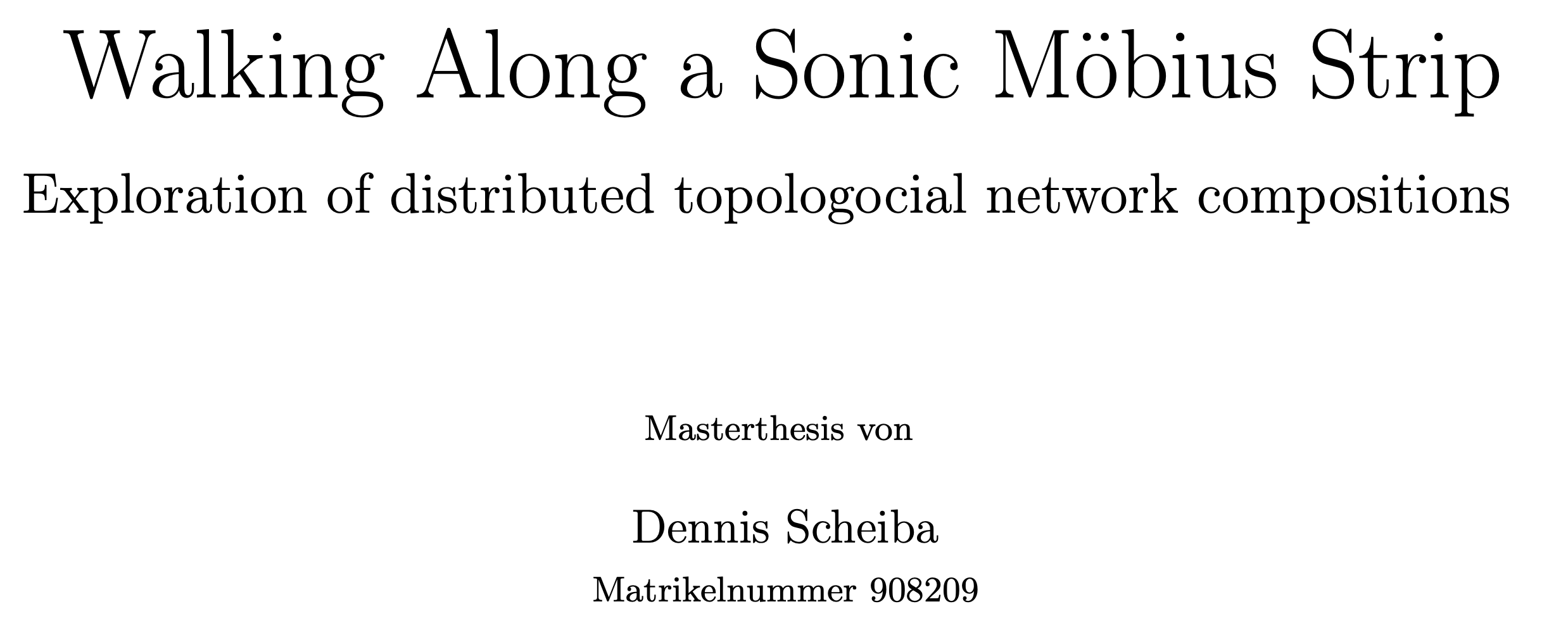Dennis Scheiba
Audio-visual artist with an interest in critical reflection upon technology and algorithms and their political impact on society.
Audio-visual artist with an interest in critical reflection upon technology and algorithms and their political impact on society.

| Date | Location | Event |
|---|---|---|
| 2025-04-12 | Hansaallee 190, Düsseldorf | Collaborative live-coding with SuperCollider |
| 2024-03-22 | Kunstsammlung NRW, Düsseldorf | Live-Coding with SuperCollider |
| 2024-03-19 | MIT, Boston | Live-Coding performance. First time performance of streaming framework Stecker |
| 2024-03-19 | Johns Hopkins University, Washington | Playing Infinite Growth and presenting my streaming framework Stecker in a talk. |

Gencaster, a non-linear audio streaming framework for real-time radiophonic experiences and live music, has seen its beta release.
Gencaster has been developed in collaboration with media artist Vinzenz Aubry and features bi-directional streaming of audio data that also allows navigation through generative statements that can access the listener's position or trigger dialogs on the user's device. Gencaster uses WebRTC, which allows for low latency and works exclusively within a browser, allowing for intermediate interaction with the listener as well as the user.
With the release of a beta test, we asked a variety of people to create a work with Gencaster that serves as a beta test but also shows the possibilities of Gencaster.
For more information about Gencaster, see also here.

Starting in August 2023 I will start as artistic and scientific assistant at the Robert Schumann Hochschule Düsseldorf to create course materials researching the learning and practice of machine learning and algorithms and piano students with the help of a player piano.
This activity is sponsored by the Digi Fellows program.
In machine learning, artificial intelligence is essentially understood as the result of training. The project enables students to explore the relationship between artistic and artificial learning in a "posthumanistic reflection" of their own musical practice.
Using a Steinway Spirio r grand piano, teaching materials on experiments with artistic and artificial learning are created, enabling an interactive and aesthetic approach to learning or AI in the context of sound. A technical and aesthetic approach to neural networks will be developed and critically discussed in workshops.
Based on the everyday practice of participating students, a neural network will be trained in order to play practicing. The grand piano then simulates, controlled by the neural network, the practicing of the students, so that through such a mirroring in the non-human, new insights into the own and the artificial practicing process can be gained.
The self-sufficient development and use of the algorithms also reduces dependence on companies such as OpenAI and preserves data protection and sovereignty over one's own artistic material.

With the finalization of my master project Walking along a sonic Möbius strip and my master thesis with the same name I finished my master program Klang und Realität on the RSH Düsseldorf and obtained the degree Master of Music.